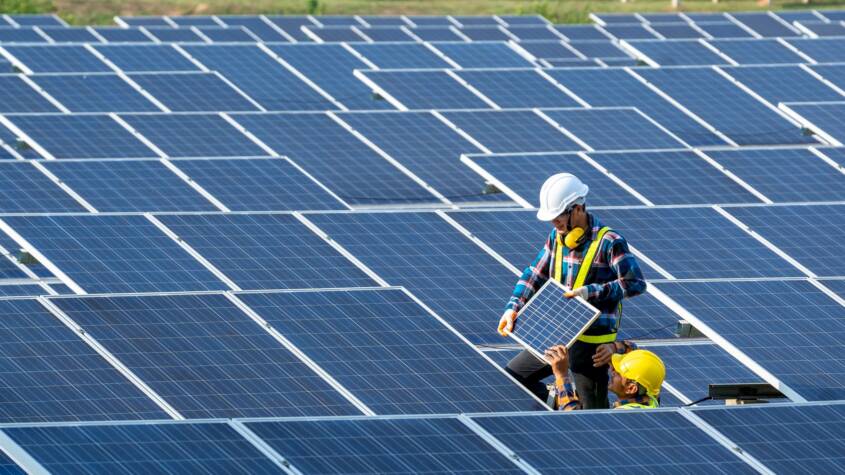The Balochistan government, with support from the Chinese government, has successfully completed the solarization of 12 educational institutions, computer laboratories, and hospitals, outfitting them with modern solar power facilities.
As of 2022, Pakistan’s total solar installed capacity reached 1.24 GW, marking a 17 percent increase from the previous year. The government has proposed several initiatives to further increase the share of solar energy in the country.
According to projections, Pakistan’s Solar Energy Market is expected to grow at a compound annual growth rate (CAGR) of 49.68 percent, reaching 9.77 gigatonnes by 2028 from 1.30 gigatonnes in 2023.
Specifically for Balochistan province, the Central Asia Regional Economic Cooperation Program indicates that Pakistan’s total technical solar and wind potentials are 2,900 GW and 340 GW, respectively.
Furthermore, Balochistan has the potential to implement over 14 GW of renewable energy within 5-10 years through cost-effective methods, including utility-scale PV plants ranging from 9,500 to 11,500 MWp. Balochistan’s geographical features, irradiance levels, and strategic location position it as one of Pakistan’s most promising provinces for renewable energy.
Decentralized microgrids combined with solar generation offer a promising solution to enhance reliable electricity access for rural communities. Although microgrids typically provide basic electrification, such as high-quality lighting and mobile phone charging, they can serve multiple households at significantly lower costs in the long run.
With only 36 percent of Balochistan currently electrified, there is immense potential for this approach in the province, making it a key player in Pakistan’s solar power expansion.
In a significant development, the International Energy Agency (IEA) has reported that solar energy is poised to attract more capital investment than traditional oil for the first time in history.
With an average of approximately USD 1 billion per day (USD 380 billion for the year) being invested in the solar industry in 2023, surpassing investment in oil production (USD 370 billion for the year), Pakistan finds itself at a critical juncture.
Ali Majid, Pakistan General Manager of the global leading solar provider LONGi, emphasized the importance of continuously innovating clean energy technology to secure a sustainable and clean energy future while reaping economic benefits from the global shift towards renewable energy sources.
Majid also highlighted the crucial role played by the China-Pakistan Economic Corridor (CPEC) in fostering solar energy cooperation between the two countries, aiming to lead the industry and make CPEC a greener corridor.
















